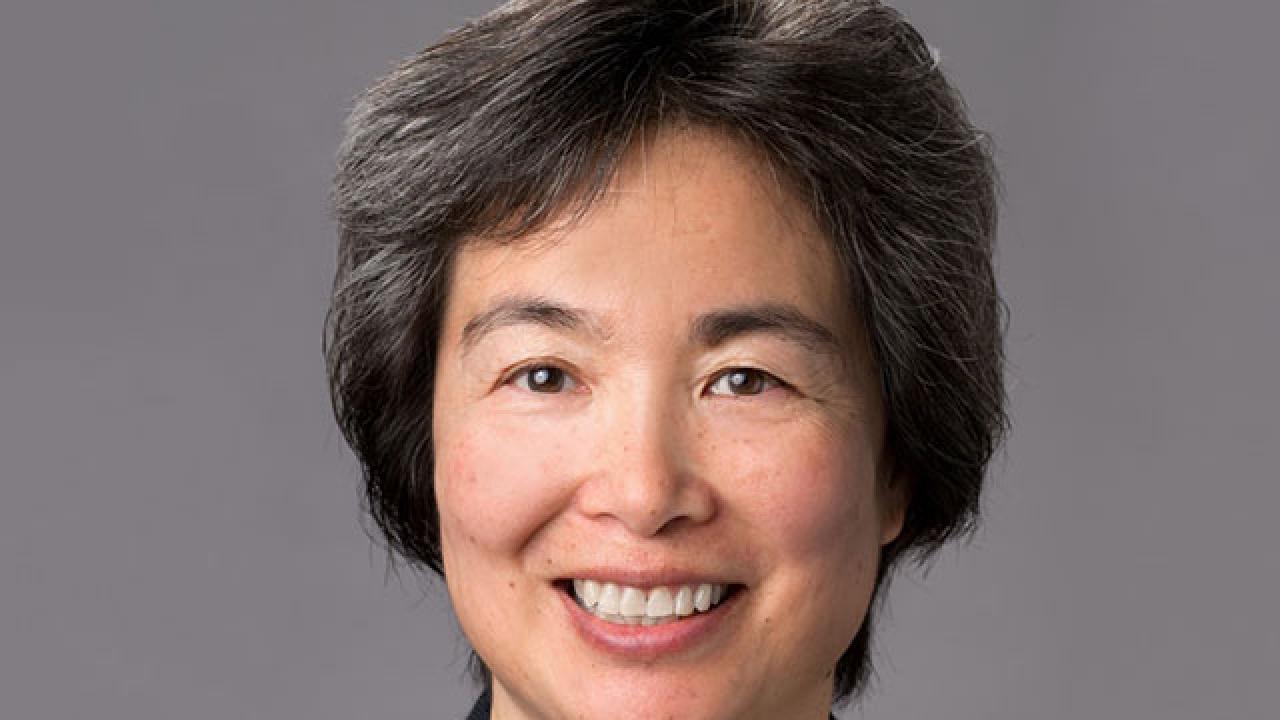
Tsu-Jae King Liu
How do you define faculty leadership?
Advocacy, support, and inspiration of faculty, staff, and students toward mutual goals.
Can you share an example of when you've been able to influence positive change as an academic leader?
As Associate Chair and then as Chair of the EECS Department, I worked collaboratively with faculty, staff, and students to identify challenges for increasing the diversity of our faculty and student populations, and subsequently led or supported initiatives to address these issues. Members of the EECS community gained awareness of issues such as implicit bias as well as an appreciation of diversity and the importance of cultivating an inclusive environment for all. Our concerted efforts were very fruitful: over the course of my 4-year term, the proportion of female students grew more than twice as fast, while the proportion of underrepresented minority (URM) students grew four times as fast, as the growth of the total number of EECS and CS majors; the proportion of female students grew more than five times as fast, while the proportion of URM students has grown more than three times as fast, as the growth of the total EECS graduate student population; we successfully recruited 8 new tenure-track/tenured faculty members from under-represented groups (women, under-represented minorities, LGBTQIA+).
How could the University benefit from preparing more faculty for future leadership positions?
Effective administrative leadership is necessary for sustaining the university’s traditions of excellence and access, and is critical during times of crisis. Unfortunately, administrative leadership positions generally are not aspired to by the most distinguished and widely respected members of our faculty. Together with the fact that the majority of professors have never received formal leadership training, this significantly limits the talent pool and results in discontinuities in forward progress, due to turnover and steep learning curves for newly appointed leaders. A well-designed training program sponsored by the university would elevate the importance of faculty leadership, to encourage and prepare outstanding faculty members to serve effectively in leadership roles.
Tell us about your experience with leadership development programs, or if you have not participated in any, what you would hope to gain from doing so.
I was fortunate to have participated in the inaugural UC Women’s Initiative for Empowerment (professional development) program during the Fall 2016 semester. It provided a safe space to learn and practice leadership skills from professional trainers (CORO), collaboratively with peers from across the UC system, as well as to identify and leverage unique individual strengths to effectively lead faculty and staff toward a common goal of fulfilling our university's mission.
How does strong leadership from Faculty impact the University of California?
Service for the greater good is intrinsic to the mission of a university. After all, a university cannot thrive unless it serves its students well, nor can it be eminent without more broadly benefiting society. As the greatest asset of UC, the faculty shares responsibility for its governance and its service mission.
What would you say to Faculty hard pressed to find time to participate in leadership workshops or other programming?
Aspects of UC Berkeley that I have come to deeply appreciate are its tradition of collegiality and a system of shared governance. You have the ability to influence not only research and educational programs but also the university’s direction. I hope that you will consider leadership in service to ensure that Berkeley remains a place where you and your students can thrive, and where you will enjoy the remainder of your long and illustrious careers!
